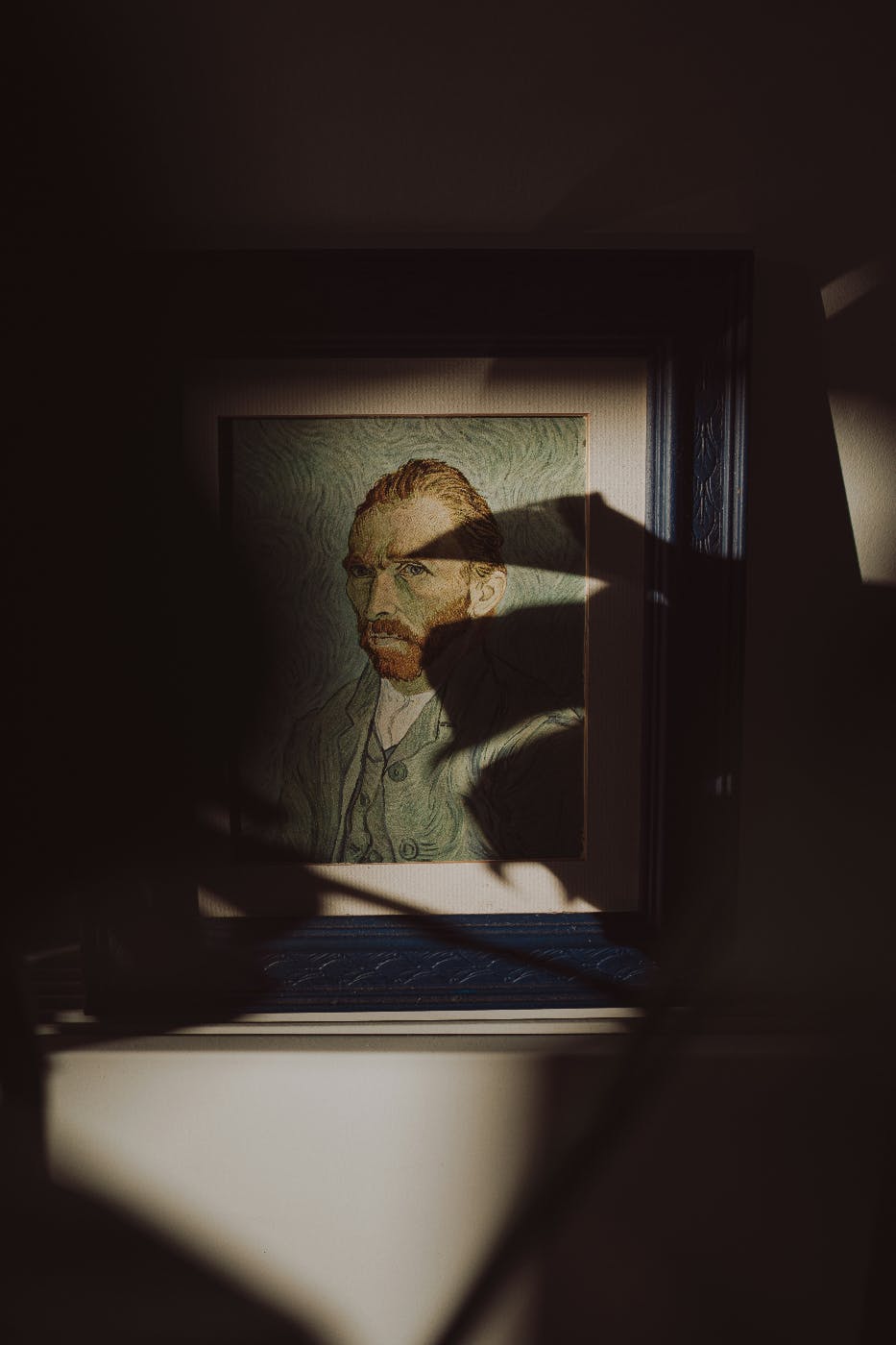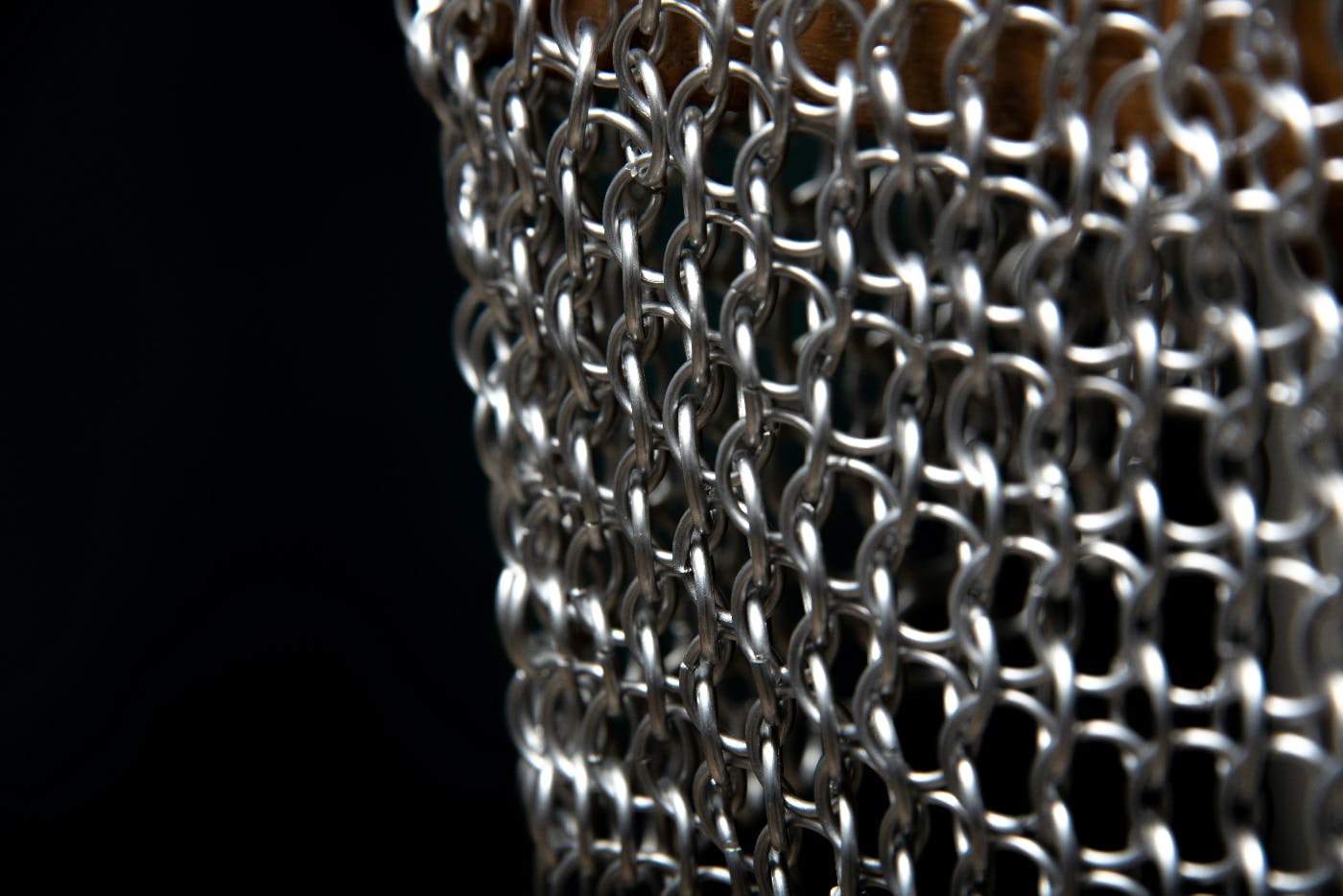
Being a creative genius does not excuse one from treating others poorly.
Over the weekend, I watched a new series on Netflix called Eric. I liked it; it was a good story and had some great actors in it. I was watching it one night with some friends. The main character is a “creative genius” who is a puppeteer and creates a wildly popular children’s show, something akin to Sesame Street.
One of my friends, who is not in a creative field, asked if that was real. Are there really creative people who are that level of awful? Without hesitation, I said, “Sadly, yes, many, many and many.”
I am sure that in every business, there are people who are in charge or in power, and they are difficult; this is not confined to the arts or the creative industries. But since I am an actor, I will speak from the POV of an artist.
I have been lucky in my life to work with some bona fide creative geniuses, and I have to say that 90% of them are lovely. They were kind, caring, expressive and helped everyone in the room raise their game. Working with these people filled me with joy and passion. Sadly, the other 10% were hateful, thoughtless, mean, self-centered, and demanding, and in a creative setting, those ten percent would eclipse the other 90% very quickly.
It’s heartbreaking and depressing to work with someone so gifted and talented. Their creativity just gushes out of them, but they treat the people around them like pawns or less than human. What’s more heartbreaking is when others allow that type of behavior and excuse it away with the moniker ‘genius.’
Creative genius should be recognized and supported, but not to the exclusion of human decency. So, today, I’m writing about the situation, about creative genius and the need for those who are creative to examine how they treat those around them, relax their tantrums, and be more human.
In we dive.
Throughout history, society has often romanticized the image of the tortured, difficult genius. Names like Vincent van Gogh, Steve Jobs, and Ludwig van Beethoven evoke thoughts of unparalleled brilliance but also of intense personal struggles and, in some cases, problematic behavior. While it's true that many creative geniuses have exhibited challenging personalities, it’s crucial to understand that creativity and rudeness are not inherently linked. Being a creative genius does not excuse one from treating others poorly. Here, we will explore the complexities of this issue, examining why creative brilliance is often associated with problematic behavior and why it shouldn’t be an excuse for being a jerk.
Historical Examples: Geniuses and Their Difficult Personalities
Vincent van Gogh, one of the most famous painters of all time, is well-known not just for his art but for his troubled life. Van Gogh struggled with severe mental health issues, including depression and possibly bipolar disorder. His intense emotions and mental health struggles often made him difficult to be around. He had tumultuous relationships and spent time in psychiatric hospitals. Despite his struggles, van Gogh produced some of the most revered artworks in history.
Steve Jobs, the co-founder of Apple Inc., was a visionary who revolutionized the technology industry. However, Jobs was also known for his demanding and sometimes abrasive personality. He had a reputation for being harsh with employees, exhibiting perfectionism, and having little tolerance for those who didn't meet his high standards. His complex behavior created a challenging work environment despite his undeniable contributions to technology and design.
Ludwig van Beethoven was a musical genius whose compositions have stood the test of time. Yet, he was known for his volatile temperament. Beethoven's hearing loss and personal struggles contributed to his irascible nature. He often clashed with patrons, colleagues, and family members, and his behavior was frequently described as difficult and eccentric.

The Psychological Perspective: Creativity and Mental Health
Understanding the link between creativity and difficult behavior often requires delving into the psychological aspects of creativity. Studies have shown a higher prevalence of certain mental health conditions among highly creative individuals. For instance, there is a well-documented correlation between bipolar disorder and creative professions. The intense highs and lows associated with bipolar disorder can fuel creativity, but they can also lead to erratic and challenging behavior.
Moreover, creative individuals often exhibit traits such as sensitivity, perfectionism, and intense focus. While these traits can drive exceptional creativity, they can make interpersonal relationships challenging. Sensitivity can lead to overreactions to criticism, perfectionism can create unrealistic standards for oneself and others, and intense focus can result in neglecting social niceties.
The Role of Environment: Pressure and Isolation
The environments in which creative geniuses work can also contribute to challenging behavior. High expectations and the pressure to perform can exacerbate stress and lead to frustration. Many creative geniuses work in high-stakes environments with immense pressure to produce groundbreaking work. This pressure can lead to short tempers, impatience, and complex behavior.
Isolation is another factor that can contribute to challenging behavior. Many creative individuals spend long hours working alone, which can impact their social skills and relationships. The solitary nature of their work can lead to feelings of loneliness and disconnection, further complicating their interactions with others.
Balancing Creativity and Interpersonal Skills
While it's clear that creative individuals often face unique challenges, it's essential to recognize that difficult behavior is not an inevitable trait of genius. Many creative geniuses have worked to balance their brilliance with more harmonious personal interactions.
Self-awareness and Growth: Self-awareness is a crucial first step in addressing challenging behavior. Recognizing one's own tendencies and understanding how they impact others can lead to meaningful change. For example, Steve Jobs reportedly softened his management style later in his career, becoming more empathetic and supportive of his team. This growth allowed him to maintain his visionary leadership while fostering a more positive work environment.
Support Systems: Having a strong support system can also make a significant difference. Family, friends, and colleagues who understand and support the creative individual can provide a buffer against the pressures and isolation that often accompany creative work. These support systems can help creative individuals manage stress and develop healthier interpersonal skills.

Practical Steps for Creative Geniuses
For creative geniuses striving to balance their brilliance with better behavior, there are practical steps they can take:
Develop Emotional Intelligence: Emotional intelligence involves understanding and managing one's own emotions, as well as recognizing and influencing the emotions of others. Creative individuals can improve their interactions and build more positive relationships by developing emotional intelligence.
Seek Feedback: Constructive feedback from trusted sources can provide valuable insights into one's behavior. By actively seeking and responding to feedback, creative geniuses can identify areas for improvement and work on developing more positive behaviors.
Practice Mindfulness: Mindfulness practices like meditation and deep breathing can help individuals manage stress and develop greater self-awareness. These practices can lead to more thoughtful and less reactive behavior.
Prioritize Self-care: Maintaining balance requires taking care of one's mental and physical health. Regular exercise, a healthy diet, and sufficient sleep can improve mood and reduce stress, leading to more positive interactions with others.
Set Realistic Expectations: Perfectionism can be a significant source of stress and complex behavior. By setting realistic expectations for oneself and others, creative individuals can reduce pressure and foster a more positive environment.
Summing Up: Redefining the Creative Genius
The stereotype of the difficult genius is deeply ingrained in our culture, but it’s time to challenge this notion. Creativity and brilliance do not have to come at the cost of kindness and respect. While it’s true that creative individuals often face unique challenges, these challenges can be managed with self-awareness, support, and practical strategies.
By redefining what it means to be a creative genius, we can celebrate the contributions of brilliant minds without excusing difficult behavior. After all, true greatness lies not just in what one creates but in how one treats others along the way. Embracing this holistic view of genius can lead to a more supportive and compassionate environment for all, fostering great art, technology, music, and meaningful and positive human connections.

